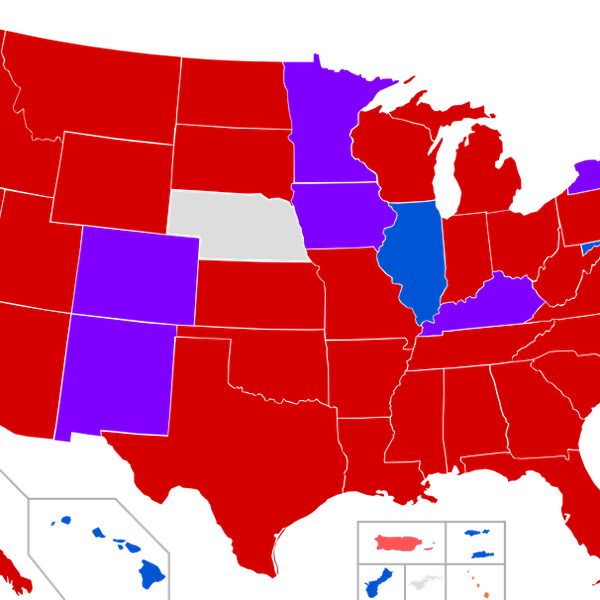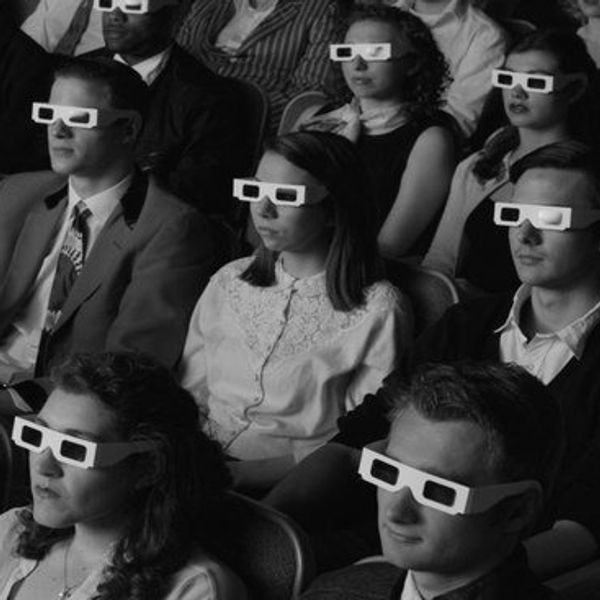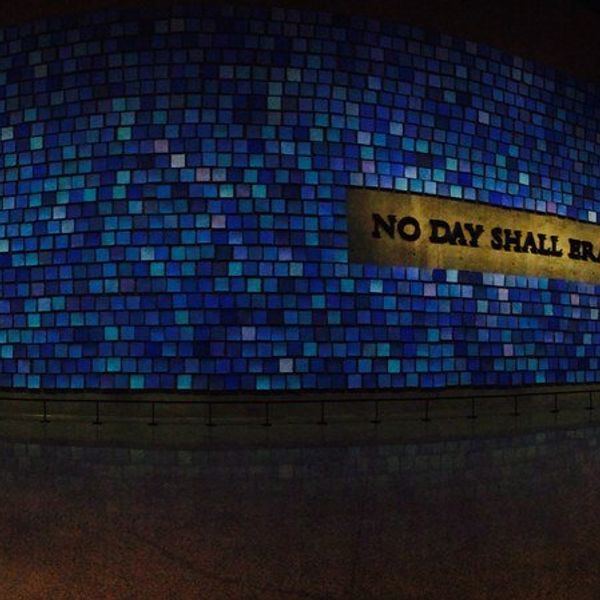The most contentious election cycle in US history came to a close on November 8, 2016 but much of the hateful rhetoric about the political system and its core members lives on. One of the things Trump supporters have been vehemently shouting since the beginning of his campaign is that the electoral process is rigged, the Electoral College should be disbanded and the polls watched for infractions. In essence they are correct, the voting system in the United States is corrupt but not in the way they claimed.
There are three main types of fraud during an election. Electoral fraud is extremely difficult both to successfully execute and to detect because of how diverse the state systems are in terms of electoral procedure. Typically, its top down fraud by elected officials padding the numbers through casting ballots using the deceased etc.. Voter fraud by the individual occurs infrequently, as it is hard for someone to masquerade as different person at the local level in rural areas. Voter suppression is the easiest method for parties to control the vote by controlling sections of the overall population and it happens all the time. In fact, it’s happening here in Maxatawny Township.
In 2013, Maxatawny township moved the voting polls from Kutztown University Keystone Hall to a local church 4.5 miles away. Voter turnout is adversely affected by distance. Moving the polls from high concentrations of voters significantly decreases the likelihood of an individual casting their vote. If those individuals lack a vehicle, it becomes even more likely that voters will not cast their ballot. By moving the polls outside of town, not only does it decrease voter turnout for the townsfolk but it significantly decreases the turnout for students. The overall result, effectively eliminating student influence on local politics and their government for potentially four years of their stay at Kutztown University.
In response to the poll shift, the KU student government board began organizing students to get to the polls. In 2014, organized by the Student Government Board (SGB), KU students embarked on the “March to the Polls”, a four-and-a-half-mile trek, some of which occurred on 222. The march was meant to highlight the dangers of attempting to walk to the polls and the inability for some students to vote. The local community was not impressed, the voting station stayed out of reach for college students without vehicles. However, the SGB did not stop there. It has petitioned the local election board several times to have the polling places shifted and continues to supports acts that highlight the issue.
SGB then moved to run busses from school to the polls on election day. According to Berks-Mont news, who interviewed the then head of the SGB Joe Scoborio, there are five higher education institutions in Berks County. KU is the largest and is the only one without a poll on campus. It made sense to Scoborio and the students that the polls be moved to centers of the population. Instead, a red county, fearing a blue college, made it harder for students to vote instead of attempting to encourage the communities’ ideals or appealing to the local population. An incoming freshman would potentially be subject to two House of representatives terms and a Senate term during the normal four-year bachelor program, all of which they are unable to participate in without outside assistance like hiring busses.
There have been several attempts to relocate the polling place, all turned down by local officials. Clearly the move is voter suppression however, the local officials claim it was not intended to be nor is it actually voter suppression. The townsfolk and local poll workers support of the initiative suggests otherwise. Local politicians have been using townsfolk dislike of Kutztown University to benefit their political agenda. Research into polling results show that the lower the turnout to an election, generally the more favorable it is for the Republicans as they are more consistent and older voters.
Without the student body, this town would be vastly different. There is no possibility that the immediate community could support two large scale supermarkets, three bars, a music store, the local housing market for renting property etc. The list goes on and at the very least, townsfolk have the convenience of easy access to these businesses, the town benefits from increased tax revenue to repair roads and public facilities, and the townsfolk benefit from being able to use facilities on campus as well as attend some events. This is a community where Kutztown University has been promoting and helping to grow for over 150 years and yet the local townsfolk continue to have exhibit a harsh us vs them mentality. Imagine what this college and the surrounding area could be like if people could work together.
Matthew Santos, the Director of University Relations, said “Our [Kutztown University] economic impact on the region is huge.” A recent study indicates that the KU campus total economic impact is $357,989,848. While not all of that directly aids the locals, a significant portion does. Santos went on to clarify that townsfolk have access to the KU library, the performing arts center, NCAA Division II athletics and the Planetarium should they be so inclined.
Kutztown University has a Community Outreach center that students can volunteer to participate in local events including the food pantry. Perhaps growing the outreach center and increasing public projects staffed by students would do more to sway the local population than activism.





















